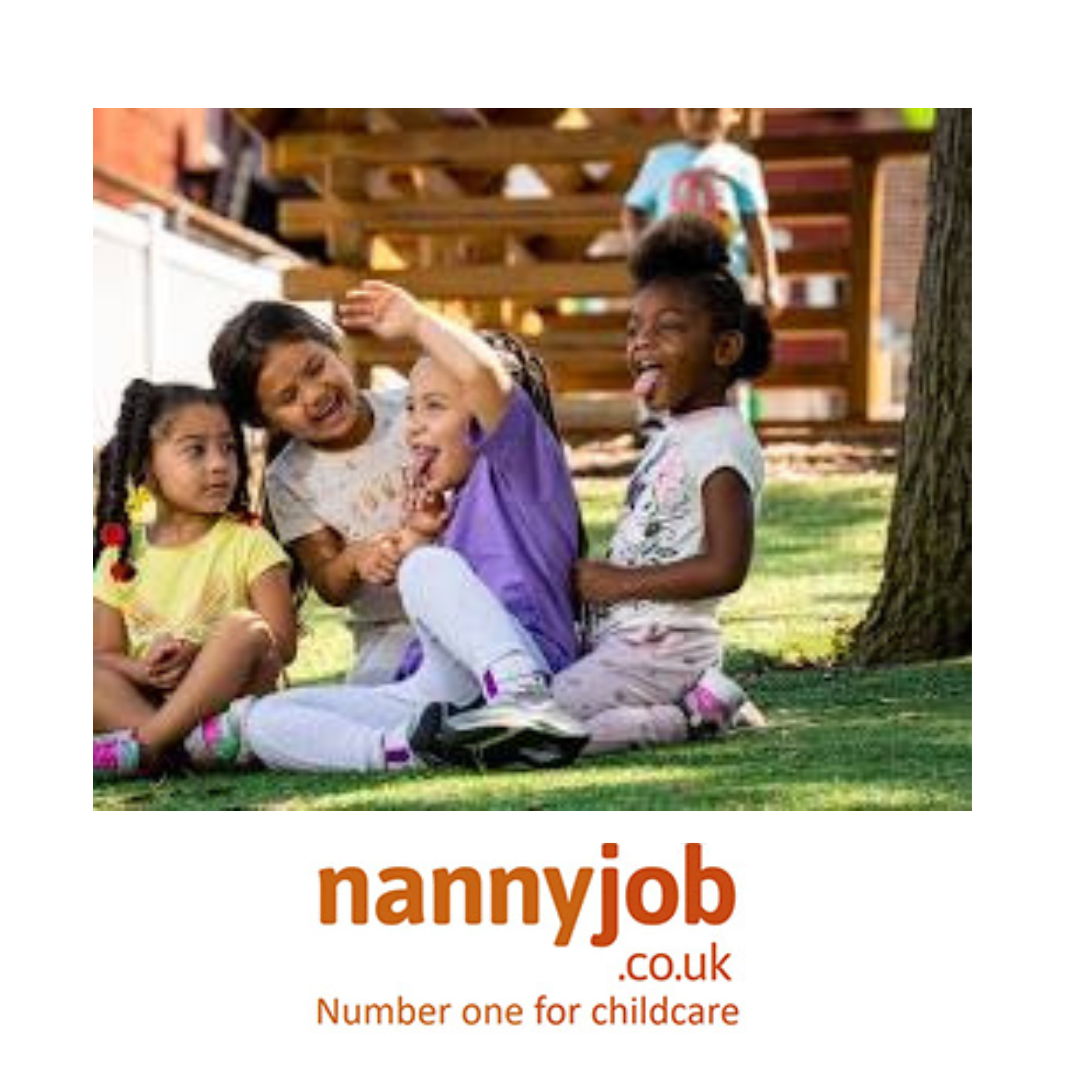As a parent, one of the most important decisions you will make is which childcare provider is right for your child. There are many different types of childcare providers available, each with its own unique benefits and drawbacks.
Here are some factors to consider when choosing a childcare provider:
- Your child’s age and needs. Different childcare providers are better suited for different ages of children. For example, a childminder may be a good option for an infant, while a preschool may be a better fit for a preschooler.
- Your family’s budget. Childcare costs can vary significantly from one provider to the next. Be sure to factor in the cost of childcare when making your decision.
- Your family’s schedule. Some childcare providers offer full-time care, while others offer part-time care or drop-in care. Be sure to choose a provider that can accommodate your family’s schedule.
- Your child’s temperament. Some children are more social and outgoing, while others are more shy and reserved. Choose a childcare provider that will provide your child with the right environment for their temperament.
- Your family’s values. Some childcare providers have a more structured approach to learning, while others have a more play-based approach. Choose a provider that aligns with your family’s values.
Here are some of the different types of childcare providers available:
- Childminders: Childminders are registered childcare providers who care for children in their own homes. They typically care for a small number of children, which can provide a more personalized experience.
- Nurseries: Nurseries are larger childcare settings that are staffed by qualified early years practitioners. They typically offer a wider range of activities and facilities than childminders.
- Preschools: Preschools are educational settings that provide early learning opportunities for children aged 3-5. They typically offer a structured curriculum that helps children develop their social, emotional, and cognitive skills.
- Playgroups: Playgroups are informal settings where children can play and socialize with other children. They are typically run by volunteers and are a good option for children who are not yet ready for a structured learning environment.

